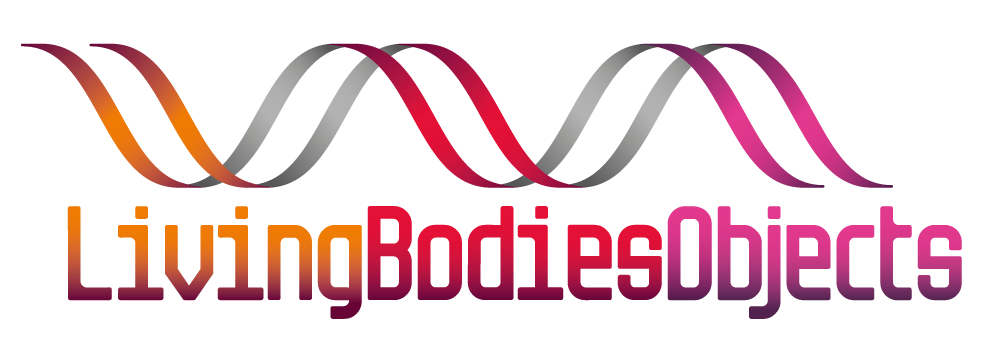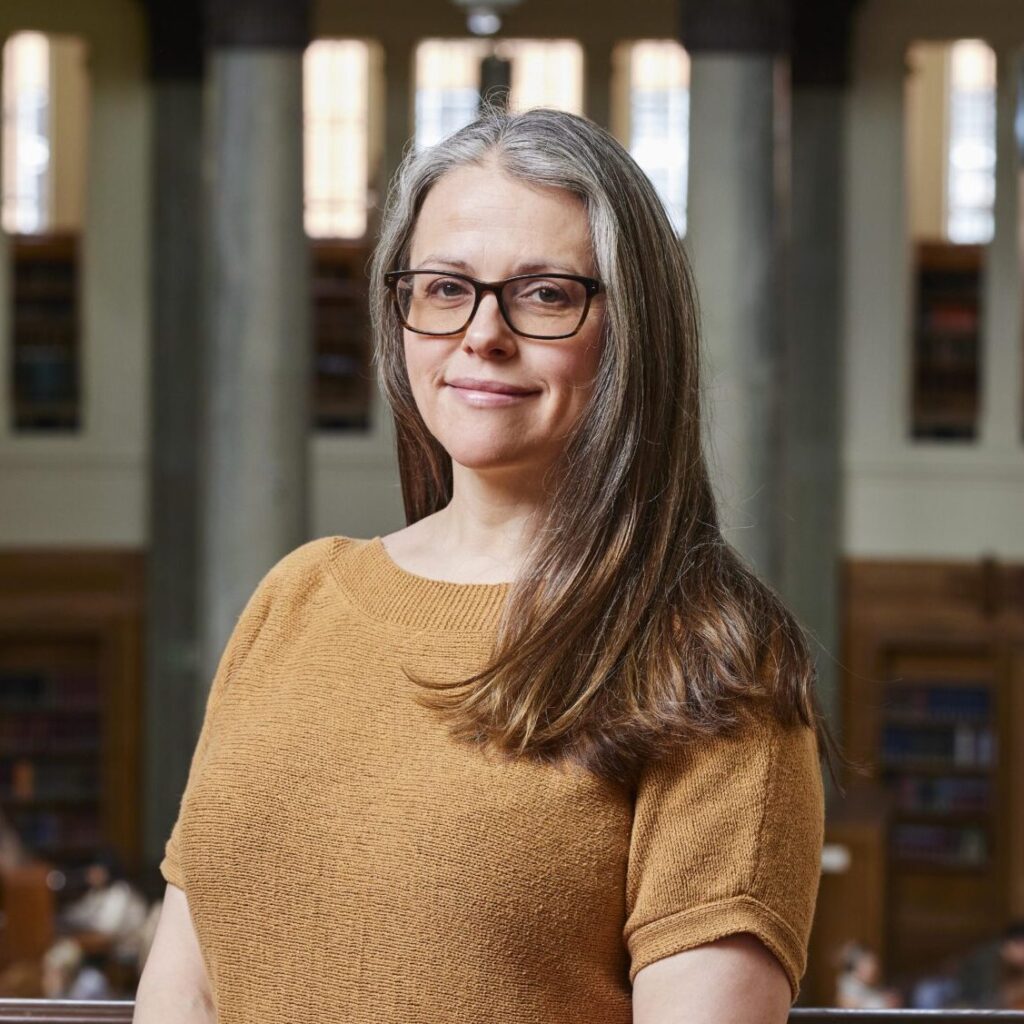
Clare Barker (she/her) is Associate Professor of English Literature (Medical Humanities) at the University of Leeds. Her research crosses disability studies and medical humanities and focuses on representations of health, disability and biomedical research in contemporary, postcolonial and Indigenous literature and film. Clare has been thinking (and intermittently writing) about representations of the Bhopal disaster for the last decade, and is delighted to be working closely with the Bhopal Medical Appeal on the LBO project. She is grateful for the time and opportunity LBO has offered to work in a sustained way on inclusion, accessibility and care in research culture, and has been focusing on our Ways of Working agreement and Project Glossary as well as developing our employability scheme for postgraduate and early career researchers on the project.
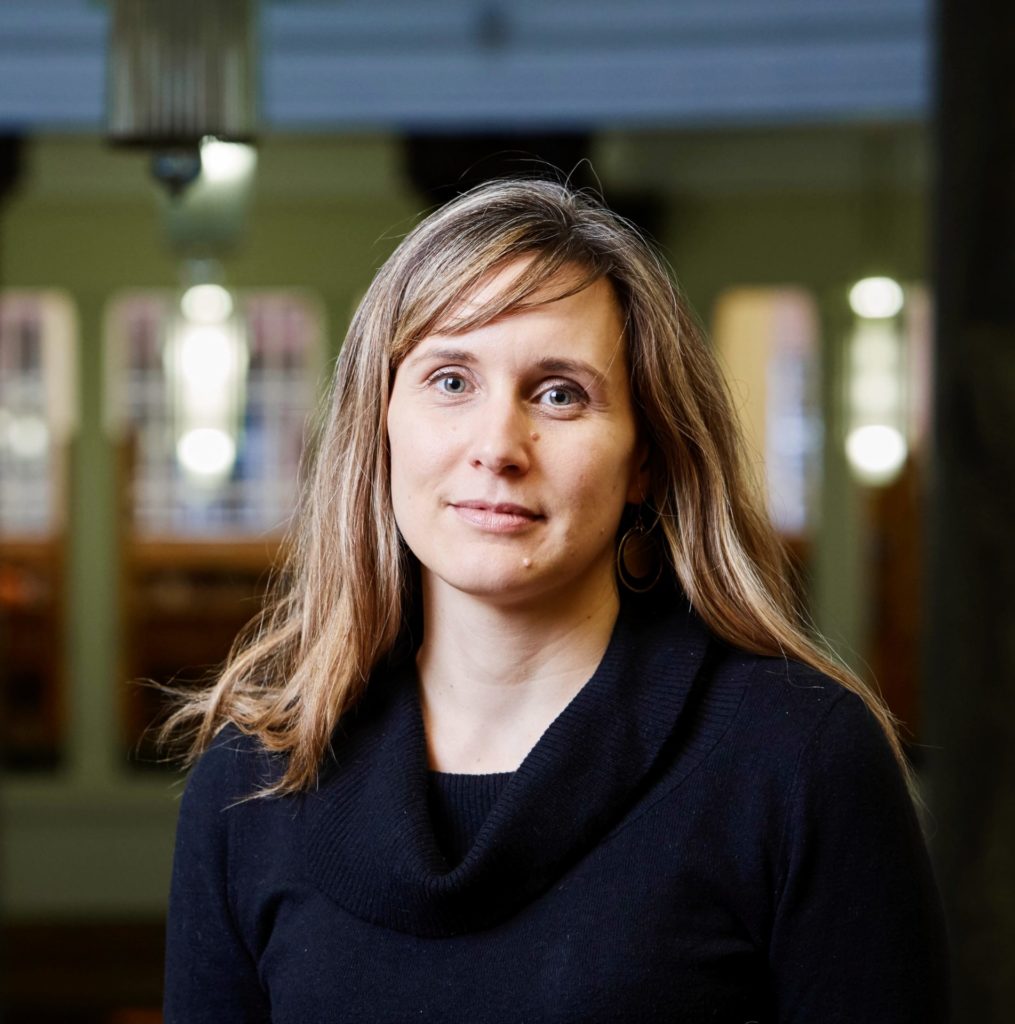
Amelia DeFalco (she/her) is Professor of Contemporary Literature in the School of English at Leeds. She has been writing about cultural depictions of aging, vulnerability and care for many years and has published 2 books on these subjects, with a third, Curious Kin in Fictions of Posthuman Care, published in November 2023 with Oxford University Press. She is increasingly interested in care as both a research topic and a research method and LBO has inspired her to reflect on how research develops and who benefits from its production.
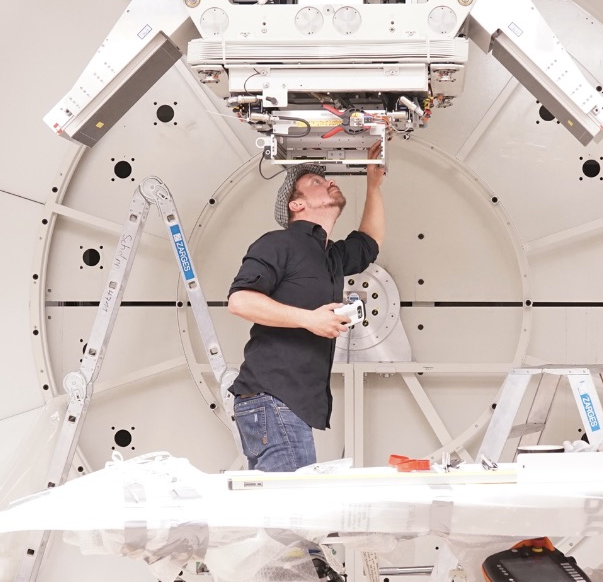
Dave Lynch (He/Him) works internationally at the intersection of art, science, technology and the environment. He is an award winning artist, inventor and a creative director at Immersive Networks Collective, a multi-reality R&D company who research embodied data storytelling methods and tools. Their work aims to affect policy, inspire discovery and social action between diverse audiences. At the University of Leeds, he is an honorary Cultural Fellow in Art and Science and has residencies with UNRESP (vumo.cloud) and the Centre for Immersive Technologies. Recent awards include AHRC Best Climate Emergency film of the year and Engaged for Impact Awards in 2021 and notably 2015 he was nominated for the inaugural STARTS (Science, Technology and the Arts) Prize where he broke the 4th seal of the Biblical revelations with the first moving image projections onto clouds from aircraft. His work is showcased across moving image, installation, live events and volcanoes and has featured widely across the international media including the Discovery Channel, BBC, Guardian, New Scientist, New York Times and conspiracy networks. Largely away from social media since 2015, he can often be found in the wilderness, foraging for mushrooms and wild swimming.
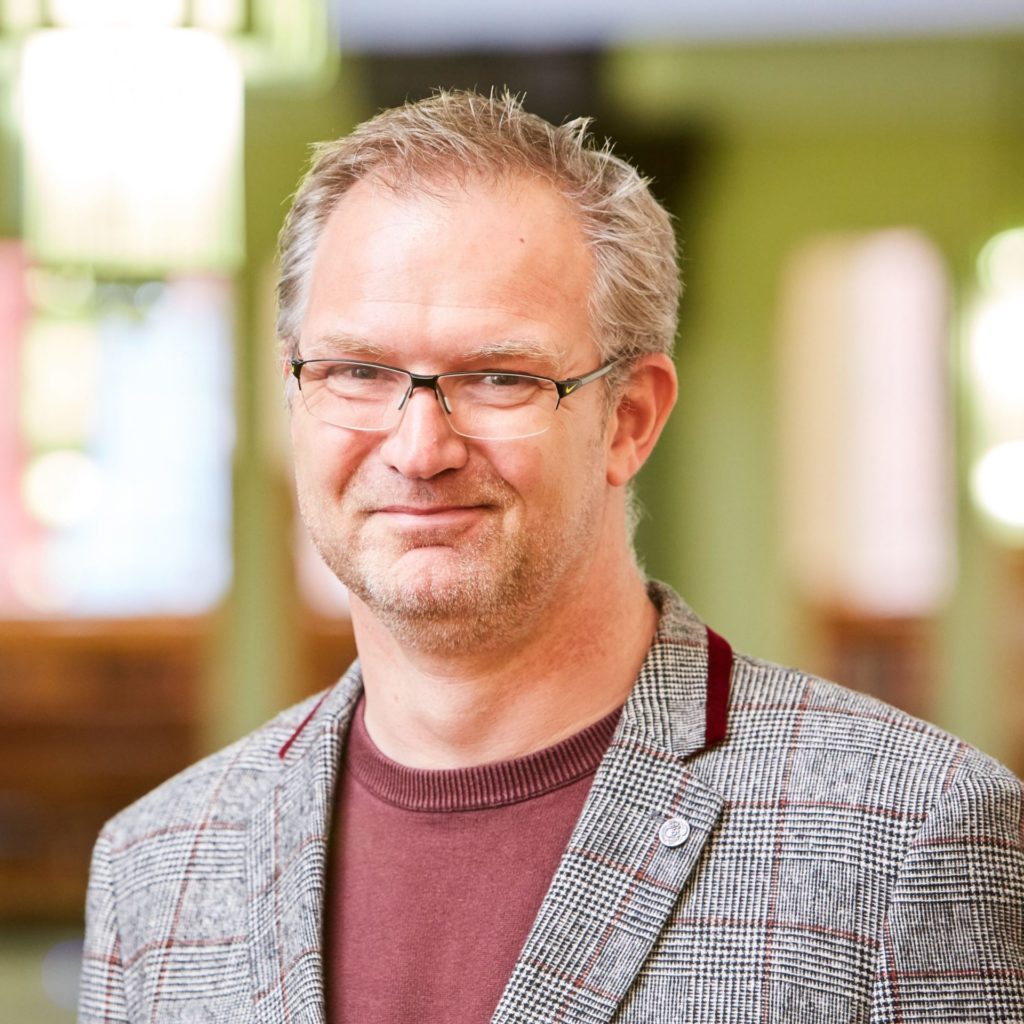
Stuart Murray (he/him) is Professor of Contemporary Literatures and Film in the School of English at Leeds. The first person in his family to go to university, he’s had a varied set of research interests, writing – at different times – on New Zealand and Caribbean literatures; Indigenous film; 18th century Pacific exploration; 19th century Canadian agriculture and cultural nationalism; postcolonial theory; Virginia Woolf; and contemporary speculative fiction. He published two books on autism before moving to work on interdisciplinary approaches to disability and health more widely, and has particular interests in technologized embodiment and mental health. He’s also drawn towards non-standard forms of academic outputs, including poetry and personal memoir in his critical writing, and increasingly wants to make art. He retains a sense of wonder as to how his life has worked out.
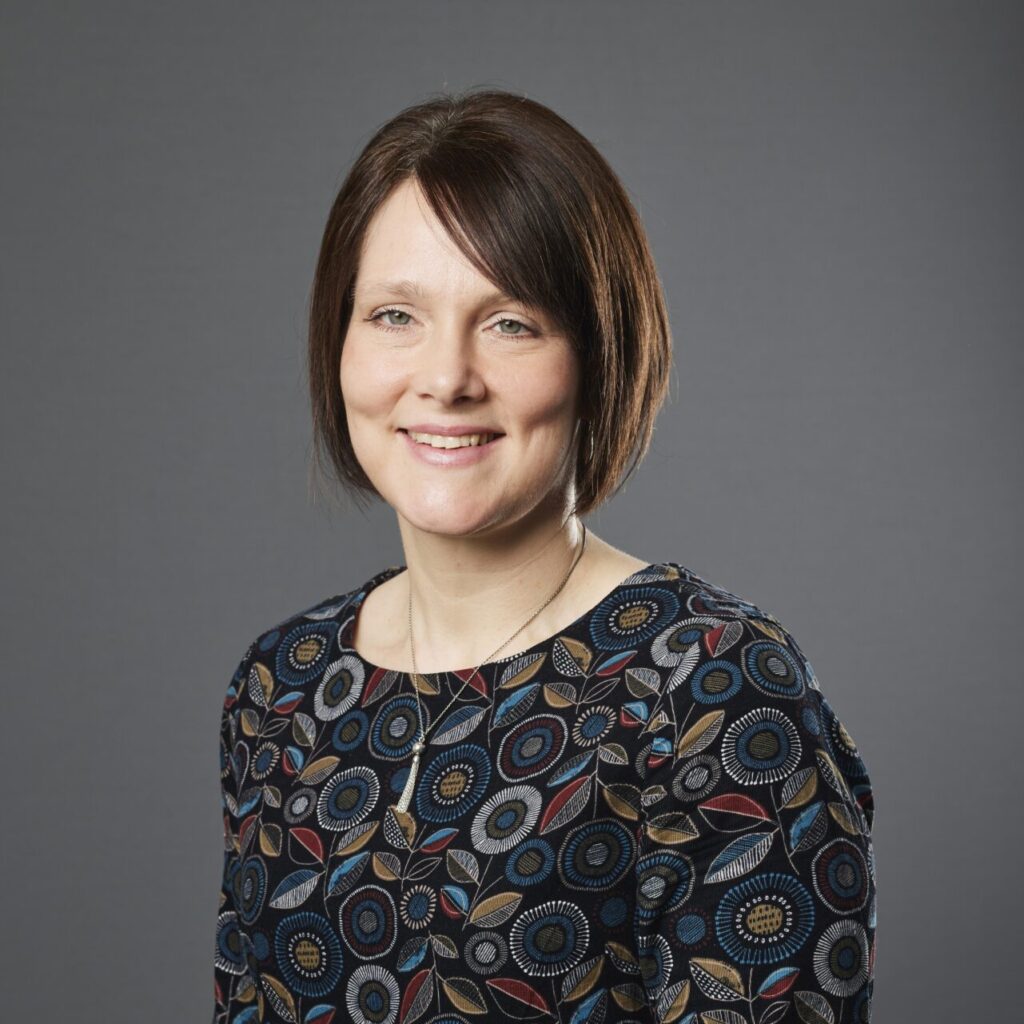
Faye Robinson (she/her) has worked in research development roles in Higher Education for the last 14 years, working with communities of researchers, funding bodies and partners from a wide range of different disciplinary perspectives and approaches. She is interested in where ideas come from, how they develop – including through interaction with others, technologies, partner organisations – and how the environments where research takes place affect this.
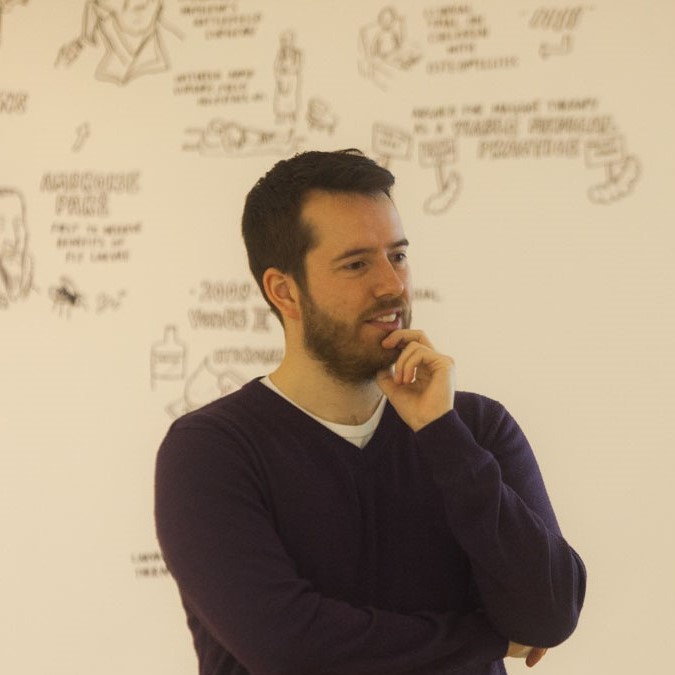
Jamie Stark (he/him) is a historian of modern medicine and science, based in the School of Philosophy, Religion and History of Science at the University of Leeds. After originally studying Natural Sciences as an undergraduate student, he then discovered that learning science wasn’t nearly as interesting for him as learning about science: its place in society, how it has impacted and interacted with medicine, and what it can tell us about ourselves. He is now Professor of Medical Humanities, and his research has focused on a range of topics – including ageing, infectious disease, medical technologies and occupational health – which reveal long-standing and surprising interactions between medicine, science, and society. He relishes the opportunities afforded by LBO to think across disciplines and communities, and recognise the many different kinds of expertise which make research possible.
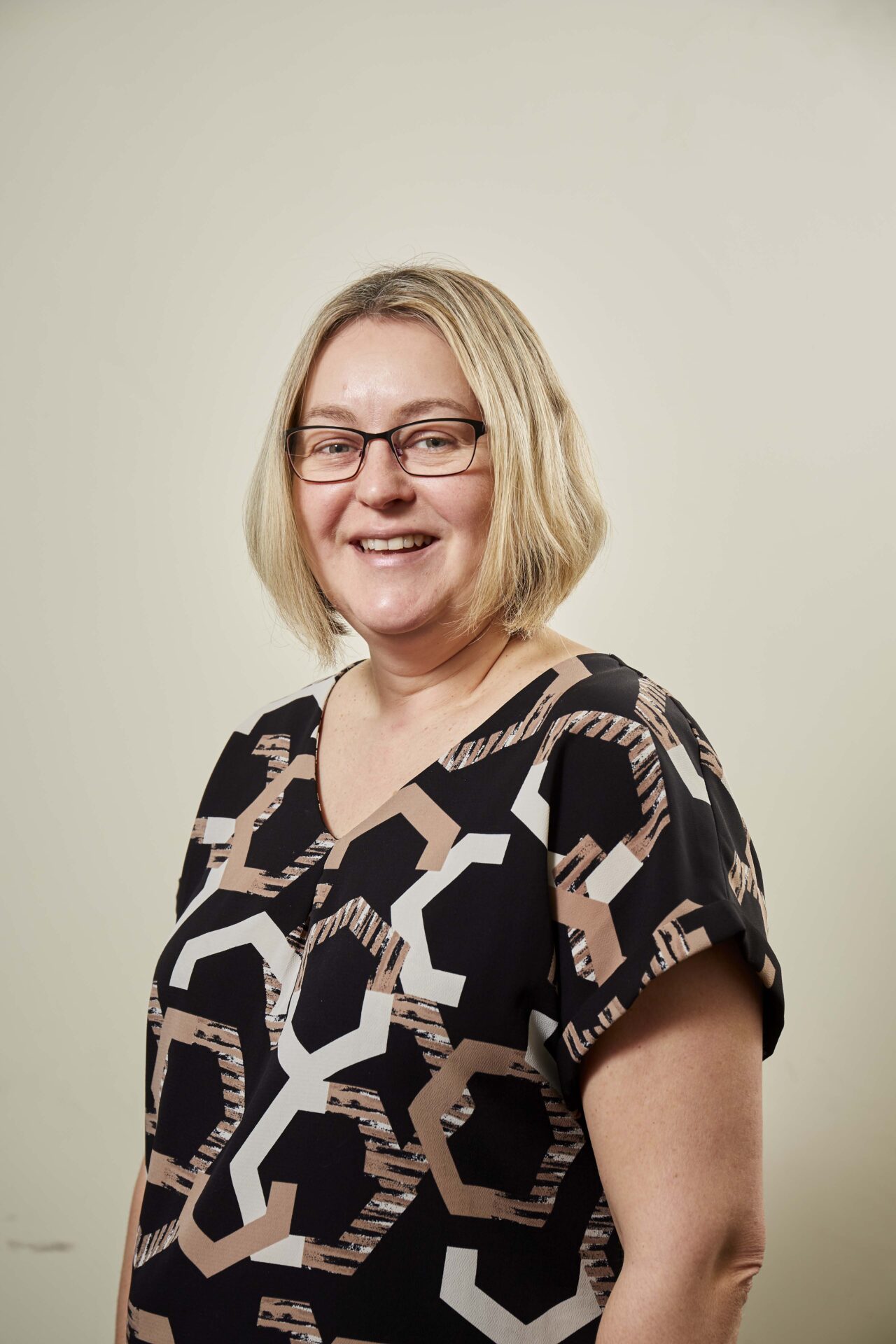
Joanne Sutherland (she/her) is the current Project Manager of the LivingBodiesObjects project and is based at the University of Leeds. She has over 20 years’ experience of supporting research projects and activities across a number of disciplines and with a variety of different external funders. Joanne also has considerable experience of working with postgraduate researchers and supporting the development needs of those at early stages of their careers, most recently with a multi-site centre for doctoral training.

Claire Turner is Residency Research Assistant for the LBO project in collaboration with Thackray Museum of Medicine. She recently completed her PhD in the School of History at the University of Leeds. Her thesis, entitled ‘Sensing the Plague in Seventeenth-Century England’, investigates sensory experiences and perceptions of epidemic disease in urban settings. Claire is passionate about the medical humanities, and has worked as a research assistant on a variety of projects ranging from histories of menstruation to the visual culture of healthiness. Her work has been published by Social History of Medicine and History Workshop Online. In her role as research assistant with the LBO team, Claire intends to use her expertise in the field of sensory studies to help create an immersive exhibition that brings personalised medicine to ‘life’.
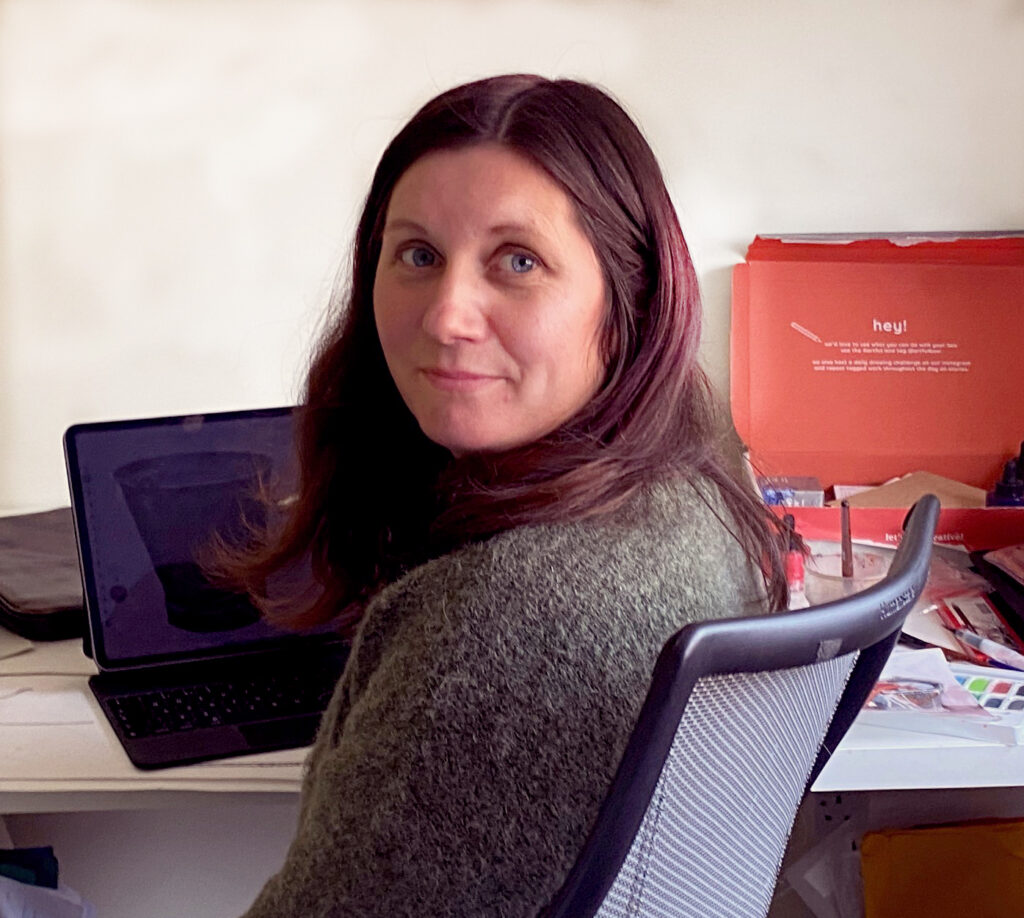
Lynn Wray (she/her) does practice-based, collaborative and participatory research at the intersection between art, curating, politics, technology and museums and is passionate about ‘learning through making’. With the LivingBodiesObjects team, Lynn is investigating through practice-based research how artmaking, technological and research processes might be better documented and communicated. She is working across all the residencies in our project, which is lucky because she is interested in everything.
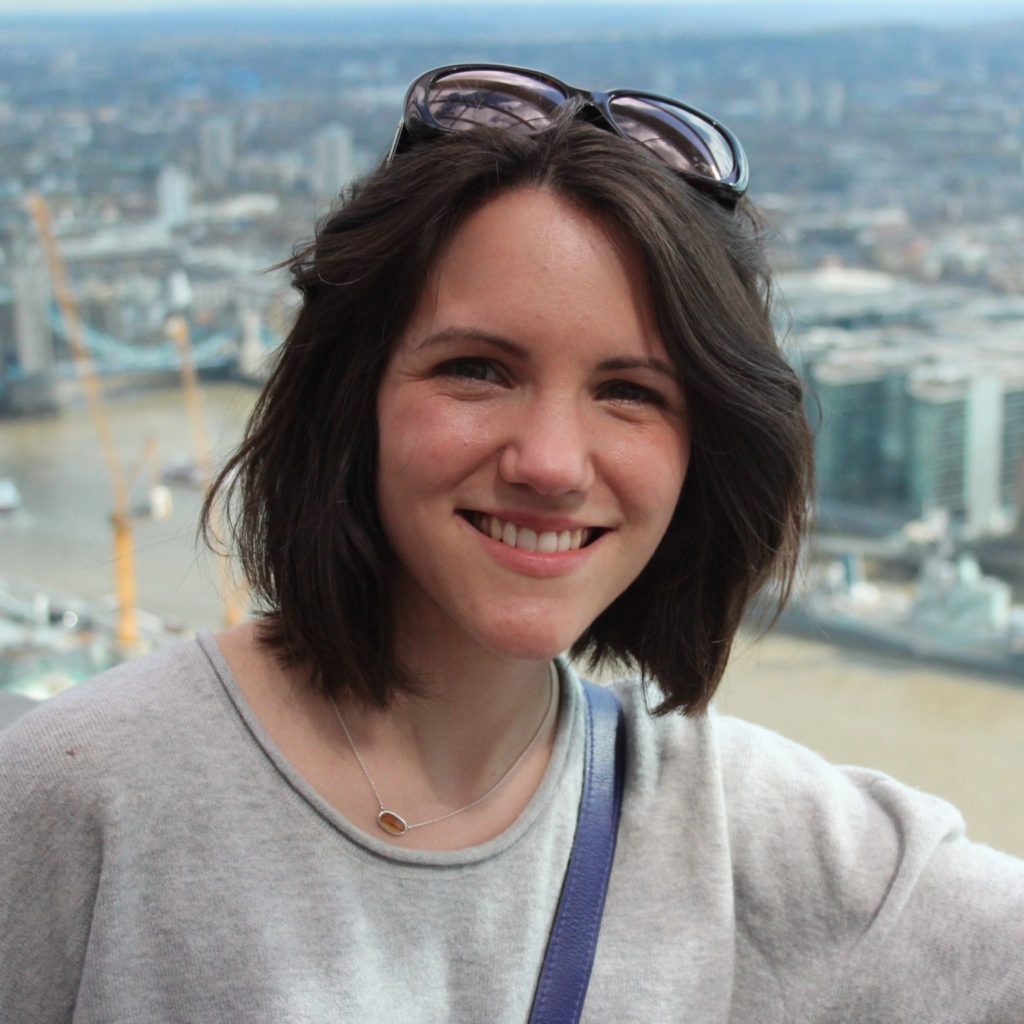
Kelly Armstrong (currently on maternity leave) (she/her) specialises in the administration of UK and European externally funded research projects. She has worked on a wide range of externally funded research projects over the past 10 years including photonics, biomarker research, and social innovation projects. She is the Project Manager of the LivingBodiesObjects project. She is often found at a laptop working on the latest problem of how to deliver upcoming research activities on time and within budget while soaking-up the experience of being able to witness and take part in the wonderful and extraordinary activities that take place in the LBO lab on a weekly basis.
Collaborators
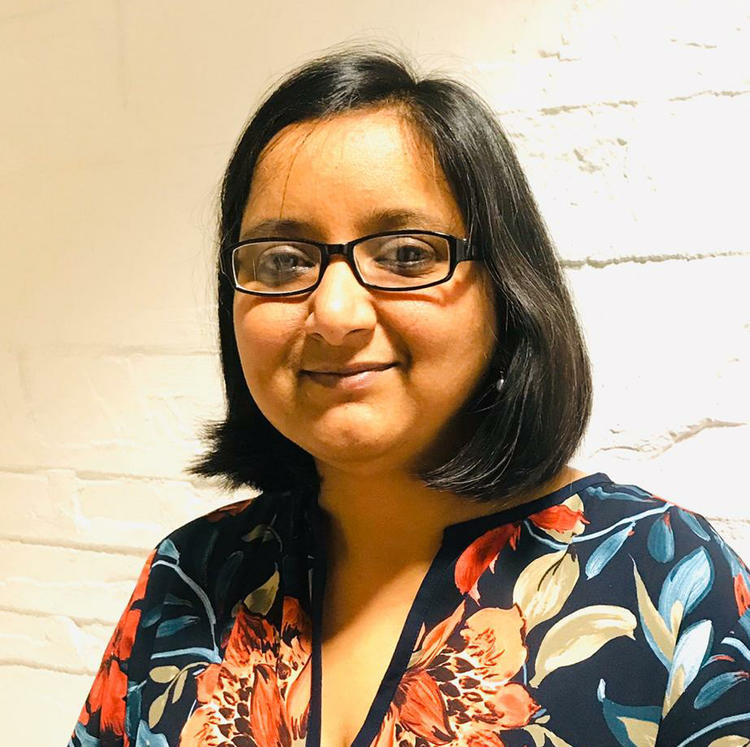
Shalini Sharma (she/her) is Associate Professor at the Department of Humanities and Social Sciences at IISER Pune where she also heads the Science Media Centre. Her work on environmental/disaster sociology also engages with applied humanities. Her previous and current projects are designed to build awareness and public engagement about what knowledges are crucial for sustainable communities, and how these knowledges can be applied for building resilience and adaptive capacities of people/policy. She has contributed to the International Panel on Climate Change assessing the impacts of climate change on cities and settlements (IPCC Climate Change 2022 – AR6, WG-II). Broadly, her research/teaching focuses on two key areas: a) Disaster studies and environmental justice b) Media studies and Science Communication. Her interest in multimedia memory projects with pedagogical goals is long standing. She was instrumental in setting up the Remember Bhopal Museum. She is also a member of the Living Waters Museum and the Centre for Water Research at IISER Pune. Currently, she is collaborating with the Science Communication Unit at UWE, Bristol on exploring science communication project. She is also co-leading ‘AQUAMUSE’, a Dutch Government funded project that looks at museum-making in three river basins: Blue Nile, Volta in Burkina Faso, and Sundarbansu/Ganga in India. As part of the Leeds LivingBodiesObject team, she has actively engaged with project’s participatory and creative approaches and will be participating in the residency with the Thackray Museum of Medicine.
Past team members

Peter Eyres (he/him) is the co-founder of Immersive Networks, a collective of technologists, artists and researchers dedicated to transforming complex research data into actionable wisdom. A former telecoms company managing director and strategic communications company senior partner, Peter has consulted to the World Bank, UNEP, ASDA, Kelloggs, GE Money, U+I and the World Business Council for Sustainable Development. Peter is an innovation expert with a Masters degree from the Science Policy Research Unit at the University of Sussex and extensive experience in digital communications for diverse audiences, innovation for humanitarian applications and immersive storytelling.

Rachel Garratt (she/her) is an early careers researcher working on disability history. In 2023, she completed her PhD at the University of Leeds. Her doctoral research was conducted within the White Rose Electronic Soundscapes Research Network, an interdisciplinary network that focused on sound, hearing and sonic cultures. Her thesis focused on how d/Deaf and blind people engaged with new media technologies in 20th century Britain. Alongside her academic interests, she has worked on many public engagement projects, including writing online content on the history of science for National Life Stories, an oral history charity based at the British Library. She has worked as a researcher on several history podcasts commissioned by both Audible and the BBC. She is conducting audience research for LBO during the Bhopal Medical Appeal Residency. This has been an exciting opportunity for her to continue to work within an interdisciplinary environment and further her interest in how people engage with media.
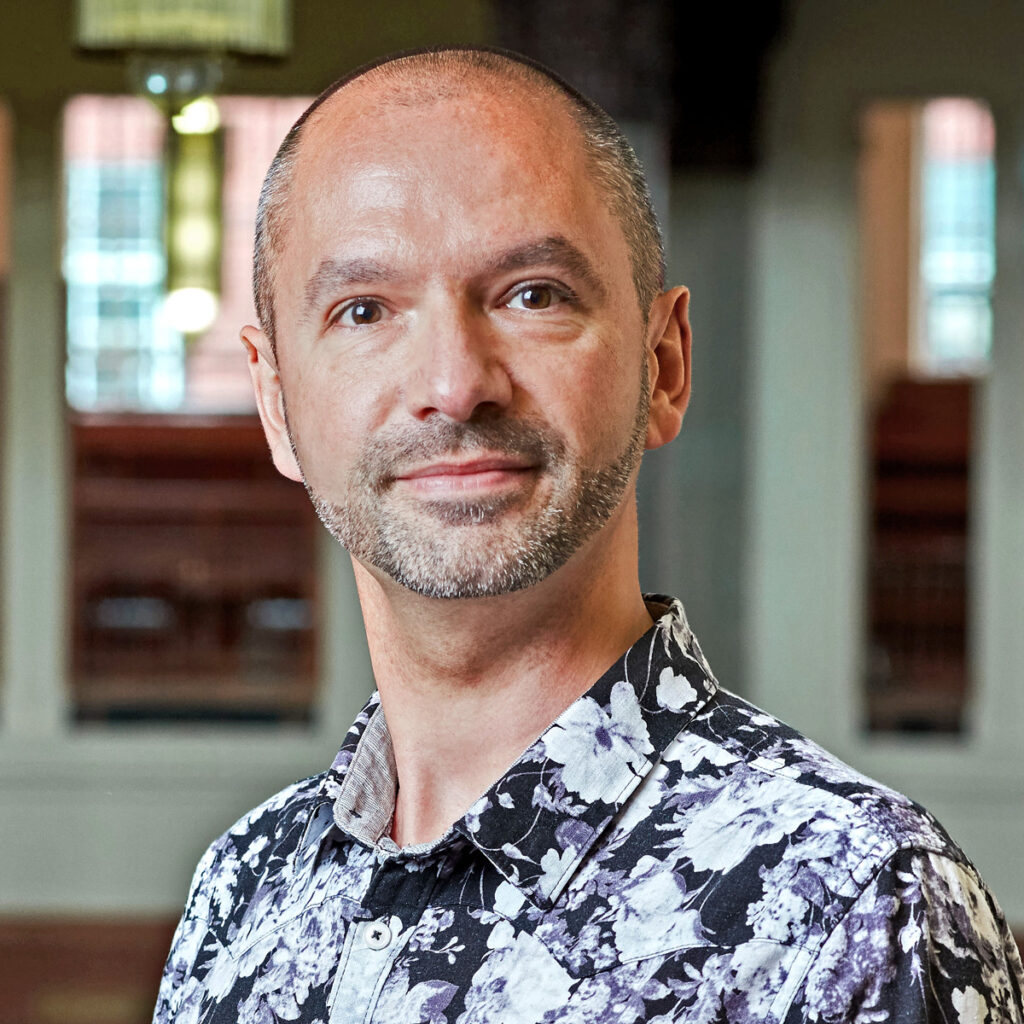
Tom Jackson (he/him). Tom’s research primarily addresses issues and debates related to sensory experience, technology and communication. He combines a broad range of theoretical interests including neurological studies of cross-modal perception, ethnographic methods and the critical analysis of digital media platforms with a practice-led and co-creative approach to research. Working closely with cultural organisations and communities, he designs and implements digital methods for studying social, cultural and environmental phenomena through the lens of sensory experience. His recent work evaluates the potential for virtual and immersive technologies to deepen visitor understanding of sites of historical and cultural significance, such as museum collections, archives, industrial ruins and memorial sites.
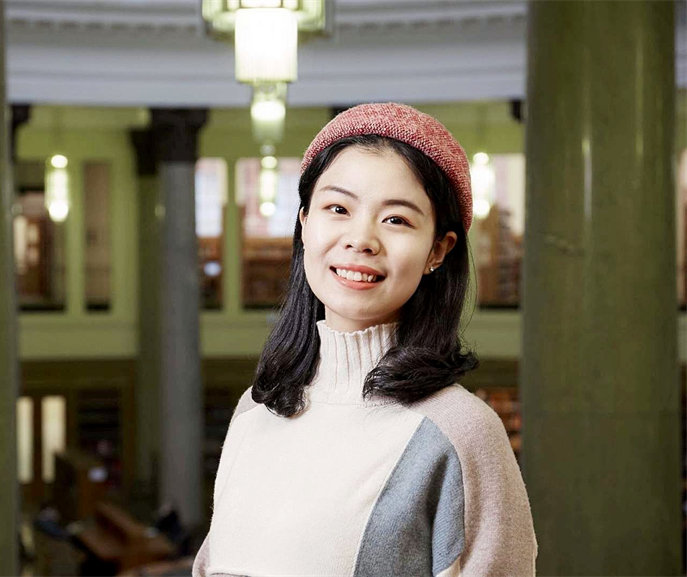
Yaxin Luo (she/her) is a lifelong learner, persistent creator and cooperation seeker. She studied at Wuhan University, Fu Jen Catholic University, Korea University and the University of Leeds and been awarded prizes in China, South Korea, Japan… Through a wide range of experiments as a writer, dramaturg, director, performer, producer, designer, columnist and researcher, Yaxin has created different kinds of works in Beijing, London, Dublin, Göttingen, Taipei, Leeds, Edinburgh, Scarborough, Cambridge, Wuhan, Dewsbury, Huddersfield and festivals including Edinburgh Festival Fringe, Dublin Theatre Festival, Big Ideas by the Sea… She is now challenging herself with a new area as a research assistant in the LBO research object, experimenting with a range of technologies to produce a new piece of theatre, as well as explorations on evaluating audience experience, particularly for audiences with learning disabilities.

Dey Ricketts (she/her) is a Practice-based PhD candidate at the University of Leeds examining interactions and intersections between life writing, social care, and medical humanities. She previously studied her BA in Creative Writing and English Language, PGCE, and MA in Education with the University of Wolverhampton. Dey has had a wealth of experience teaching and communicating with children and adults who are neurodiverse due to her professions as a teacher, a consultant, and a support worker along with having her own neurodiversity. She specialises in making sure anyone, regardless of their background, can access and understand the information shared with them. Due to her care experience, Dey understands the importance of having access to records that are free from jargon and easy to understand. As a result, Dey challenged herself as a research assistant on the LBO project to produce an easy-read version of a systematic literature review she conducted examining the types of technology and research practice used with young adults who are neurodiverse.
